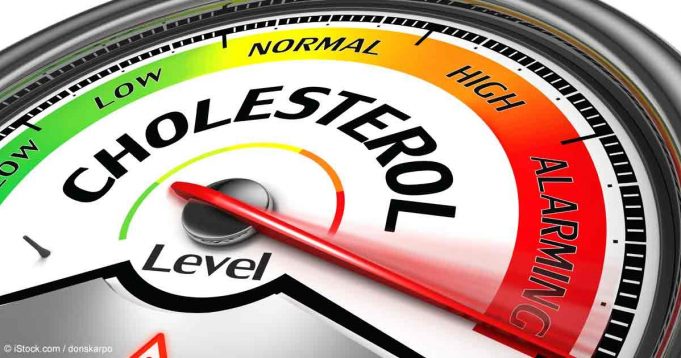Understanding how cholesterol numbers are referred to can be a difficult task. A cholesterol test will typically show results for a total cholesterol ration, both LDL and HDL cholesterol levels, and a triglyceride number. With multiple numbers being provided, it is important to know which should be high and which should be lower. LDL is the bad cholesterol.
Taking efforts to reduce LDL cholesterol levels will improve total cholesterol numbers and reduce heart attack risks. Excess LDL levels cause a build up of plaque causing arteries to become hard and narrow. Unstable plaque can cause a blood clot or an artery blockage and a heart attack.
Understanding Cholesterol Numbers
LDL levels are measured in milligrams (mg) of cholesterol per deciliter (dL) of blood. For most people, an LDL level of 100 mg/dL or lower is an acceptable number. For people with a higher risk for heart disease, the LDL number should be less than 70 mg/dL. When LDL numbers are approaching these thresholds, changes should be made to prevent the need to take cholesterol lowering medications in the future.
Reducing Cholesterol Through Lifestyle Changes
When your LDL cholesterol level is too high, one of the first changes to make will be a diet revision. Adding soluble fiber to the diet has an LDL and HDL impact as it lowers the LDL rate and raises the HDL rate. Soluble fiber is found in oatmeal, oat bran, high fiber fruits like apples and pears, vegetables and beans. Eating soluble fiber helps to reduce the amount of cholesterol absorbed in the intestines, and results in a lower LDL number.
Diet to Lower Cholesterol
When considering the type of diet needed to reduce the LDL levels, start by eliminating saturated fats and trans-fats. Packaged snacks and foods are often high both saturated and trans-fats and cause LDL levels to be higher and HDL levels to be lower. Eliminating these from the diet and replacing with high fiber fruits or other healthy snacks may also result in a weight loss which further reduces the bad cholesterol numbers.
Olive oils, canola oil and nuts like walnuts and almonds are fats which are heart healthy and can be added to the diet. Just remember to count the calories of the items you are consuming in order to not over eat and gain weight, defeating the purpose of adding healthy foods to the diet.
Fish and Omega-3 Fatty Acids
Fish like salmon and tuna are excellent sources of Omega 3 which has cholesterol lowering benefits. Omega-3 fish oil capsules are available for those who do not like the fish taste but taking any supplement should be discussed with a doctor so there is no risk of conflict with other medicines or increase to levels which can be harmful.
Reducing LDL cholesterol levels can be accomplished by a number of natural methods to prevent the need for drugs and reduce the risk for heart attacks.


















